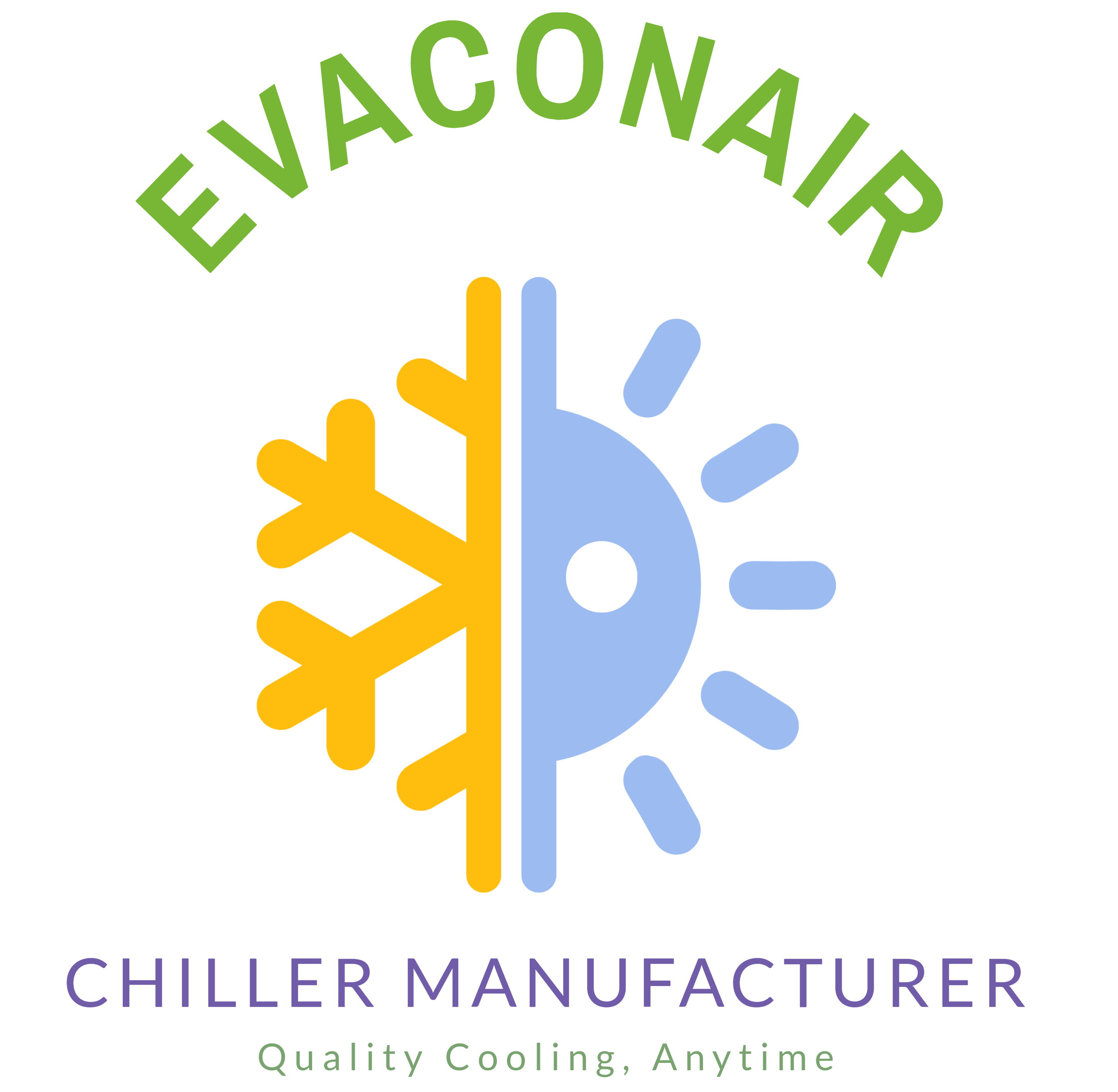Blog
Posted on
August 18, 2024
in
What is the difference between AC and HVAC?
AC (Air Conditioning) typically refers to systems that only provide cooling. They use refrigeration cycles to remove heat from indoor air, thereby cooling it before distributing it back into the space.
Key Points:
- Cooling Only: AC systems are designed solely for cooling purposes, making them suitable for climates where cooling is the primary concern.
- Components: AC units consist of a compressor, condenser, expansion valve, and evaporator coil, working together to cool indoor air.
- Applications: They are commonly used in residential, commercial, and industrial settings to maintain comfortable indoor temperatures during hot weather.
HVAC (Heating, Ventilation, and Air Conditioning), on the other hand, encompasses a broader range of systems that not only provide cooling but also heating and ventilation functionalities.
Key Points:
- Heating and Cooling: HVAC systems are versatile, providing both heating and cooling capabilities. They include components such as furnaces, heat pumps, boilers, and air conditioners.
- Ventilation: HVAC systems also manage indoor air quality by ensuring proper ventilation. They include components like air ducts, ventilation fans, and air filters to circulate and clean air.
- Comprehensive System: HVAC systems are comprehensive solutions for maintaining comfortable and healthy indoor environments year-round.
- Applications: They are used in residential, commercial, and industrial buildings, offering complete climate control and air quality management.
Differences Summarized:
- AC focuses solely on cooling, while HVAC includes heating, ventilation, and cooling functionalities.
- HVAC systems are more comprehensive and versatile, suitable for various climates and building types.
- Both AC and HVAC systems aim to provide comfort through temperature control, but HVAC systems offer additional benefits like ventilation and air quality management.
Related posts
October 1, 2024
What is the Capacity of a 2 Ton Chiller?
A 2-ton chiller refers to a chiller system with the ability to remove 24,000 BTU/hr of heat. The term [...]
Read moreOctober 1, 2024
What is the Unit of Chiller Capacity?
The unit of chiller capacity is typically measured in tons of refrigeration (TR) or kilowatts (kW). [...]
Read moreOctober 1, 2024
What is Chiller Range?
The chiller range refers to the temperature range and cooling capacity that a chiller can handle. The [...]
Read moreOctober 1, 2024
How to Calculate Chiller Size?
Calculating the correct chiller size is crucial to ensuring efficient cooling for your specific [...]
Read more